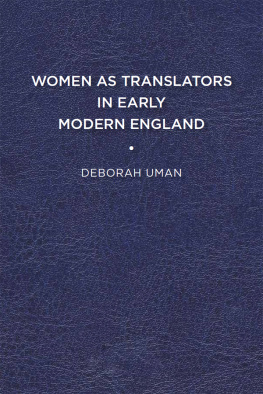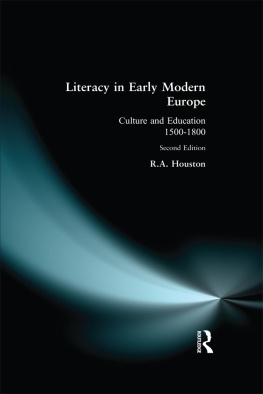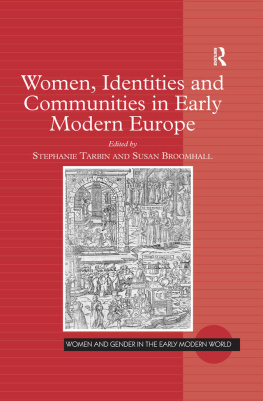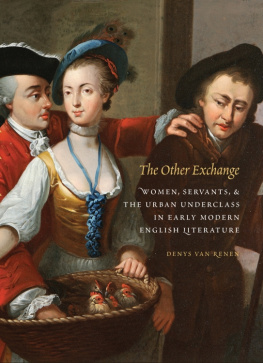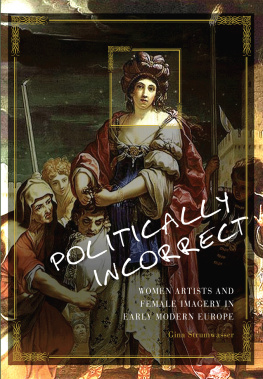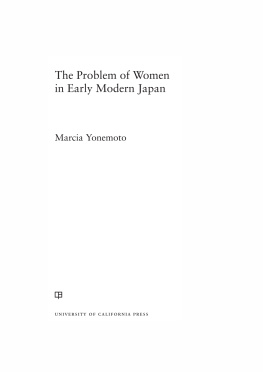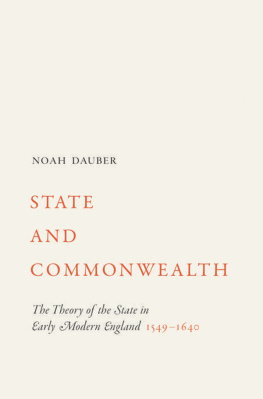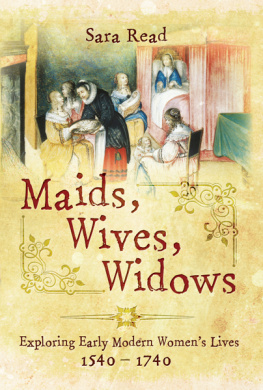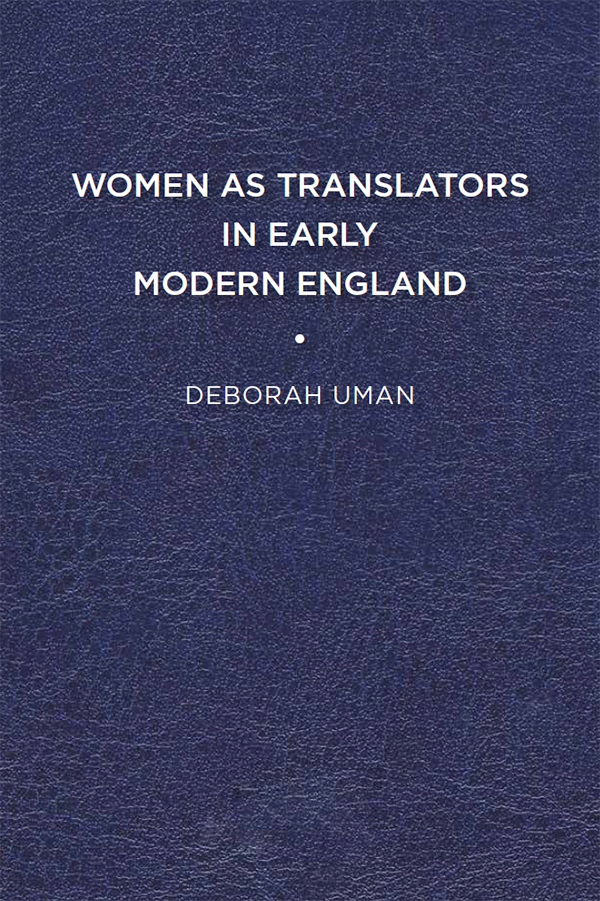Deborah Uman - Women as Translators in Early Modern England
Here you can read online Deborah Uman - Women as Translators in Early Modern England full text of the book (entire story) in english for free. Download pdf and epub, get meaning, cover and reviews about this ebook. City: Newark, year: 2012, publisher: University of Delaware Press, genre: Art. Description of the work, (preface) as well as reviews are available. Best literature library LitArk.com created for fans of good reading and offers a wide selection of genres:
Romance novel
Science fiction
Adventure
Detective
Science
History
Home and family
Prose
Art
Politics
Computer
Non-fiction
Religion
Business
Children
Humor
Choose a favorite category and find really read worthwhile books. Enjoy immersion in the world of imagination, feel the emotions of the characters or learn something new for yourself, make an fascinating discovery.
- Book:Women as Translators in Early Modern England
- Author:
- Publisher:University of Delaware Press
- Genre:
- Year:2012
- City:Newark
- Rating:3 / 5
- Favourites:Add to favourites
- Your mark:
Women as Translators in Early Modern England: summary, description and annotation
We offer to read an annotation, description, summary or preface (depends on what the author of the book "Women as Translators in Early Modern England" wrote himself). If you haven't found the necessary information about the book — write in the comments, we will try to find it.
Women as Translators in Early Modern England offers a feminist theory of translation that considers both the practice and representation of translation in works penned by early modern women. It argues for the importance of such a theory in changing how we value womens work. Because of Englands formal split from the Catholic Church and the concomitant elevation of the written vernacular, the early modern period presents a rich case study for such a theory. This era witnessed not only a keen interest in reviving the literary glories of the past, but also a growing commitment to humanist education, increasing literacy rates among women and laypeople, and emerging articulations of national sentiment. Moreover, the period saw a shift in views of authorship, in what it might mean for individuals to seek fame or profit through writing. Until relatively recently in early modern scholarship, women were understood as excluded from achieving authorial status for a number of reasonstheir limited education, the belief that public writing was particularly scandalous for women, and the implicit rule that they should adhere to the holy trinity of chastity, silence, and obedience.
While this view has changed significantly, women writers are still understood, however grudgingly, as marginal to the literary culture of the time. Fewer women than men wrote, they wrote less, and their choice of genres seems somewhat impoverished; add to this the debate over translation as a potential vehicle of literary expression and we can see why early modern womens writings are still undervalued. This book looks at how female translators represent themselves and their work, revealing a general pattern in which translation reflects the limitations women faced as writers while simultaneously giving them the opportunity to transcend these limitations. Indeed, translation gave women the chance to assume an authorial role, a role that by legal and cultural standards should have been denied to them, a role that gave them ownership of their words and the chance to achieve profit, fame, status and influence.
Published by University of Delaware Press. Distributed worldwide by Rutgers University Press.
Deborah Uman: author's other books
Who wrote Women as Translators in Early Modern England? Find out the surname, the name of the author of the book and a list of all author's works by series.

